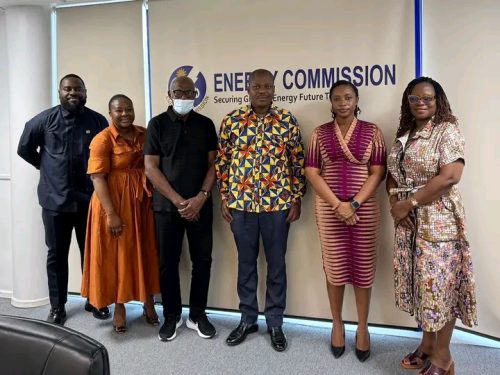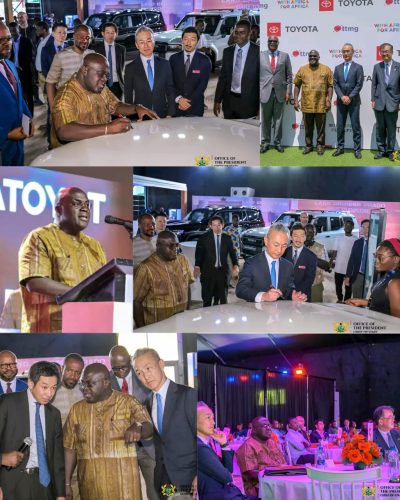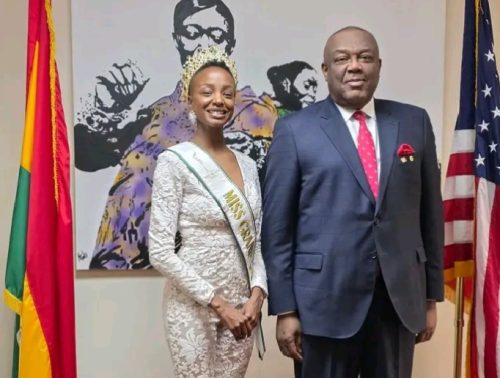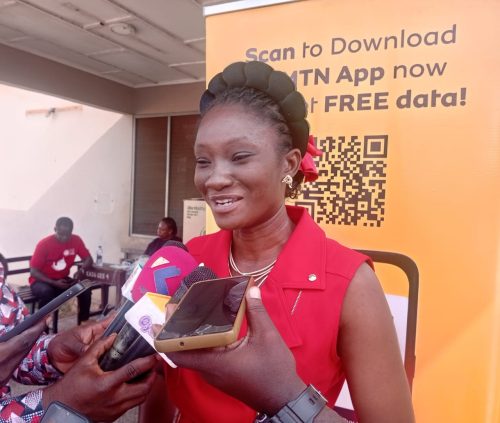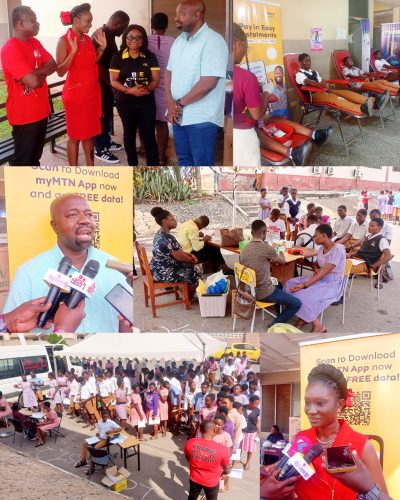

Persons with Disabilities (PWDs) have slammed government over how their colleagues in the three Tongu Districts were badly treated this year when the Akosombo Dam spillage occured.
The Ghana Federation of Disability Organizations has expressed great disatisfaction, saying authorities failed to prioritize the welfare, dignity and rights of PWDs during the evacuation exercise.


Findings of the association disclose among other facts that, assistive devices such as wheelchairs, crutches, hearing aids and specialized healthcare services were not made available for PWDs.

Evacuation routes and relief shelters were largely inaccessible and that many flooded areas lacked ramps and accessible pathways, making it difficult for individuals with mobility impairments to evacuate or access emergency services.

The association has also revealed that, relief teams that were deployed by government to the area were not trained to address the specific needs of PWDs, adding that, help was not readily available, leaving them stranded.


Communication Barriers
Communication during the evacuation process and relief efforts were not sufficiently accessible.
Emergency announcements were not provided in sign language or other formats accessible to individuals with hearing or visual impairment.
Madam Elikplim Klu,
Volta Regional President for the association disclosed the above in her address at a congress held in Kumasi to mark the celebration of International Day of Persons with Disabilities 2024.
She lamented over how the absence of accessible communication created confusion and delayed the response actions of many PWDs, placing them at greater risk.
Madam Elikplim made recommendations that in government’s future approach vis-a-vis evacuation of victims, he should see to it that evacuation routes, shelters and relief centers are made available to accommodate PWDs.
She raised that, emergency shelters should be equipped with ramps, accessible toilets , space for mobility aids and other necessary modifications among others.
“To better support PWDs in future emergencies, an inclusive approach to disaster preparedness, relief services, and communication systems must be adopted.
By prioritizing accessibility and inclusivity in disaster management, we can ensure that no one is left behind in times of crisis”, she said.

Enock Akonnor is an experienced Ghanaian journalist, based in Kumasi and currently serves as the CEO and Managing Editor of www.leakyghana.com.
With a wealth of expertise built over many years in the media industry, he has earned a solid reputation as one of Ghana’s most sought-after journalists.
Contact:
📞 +233 541 921 562
✉️ enockakonnor2013@gmail.com





